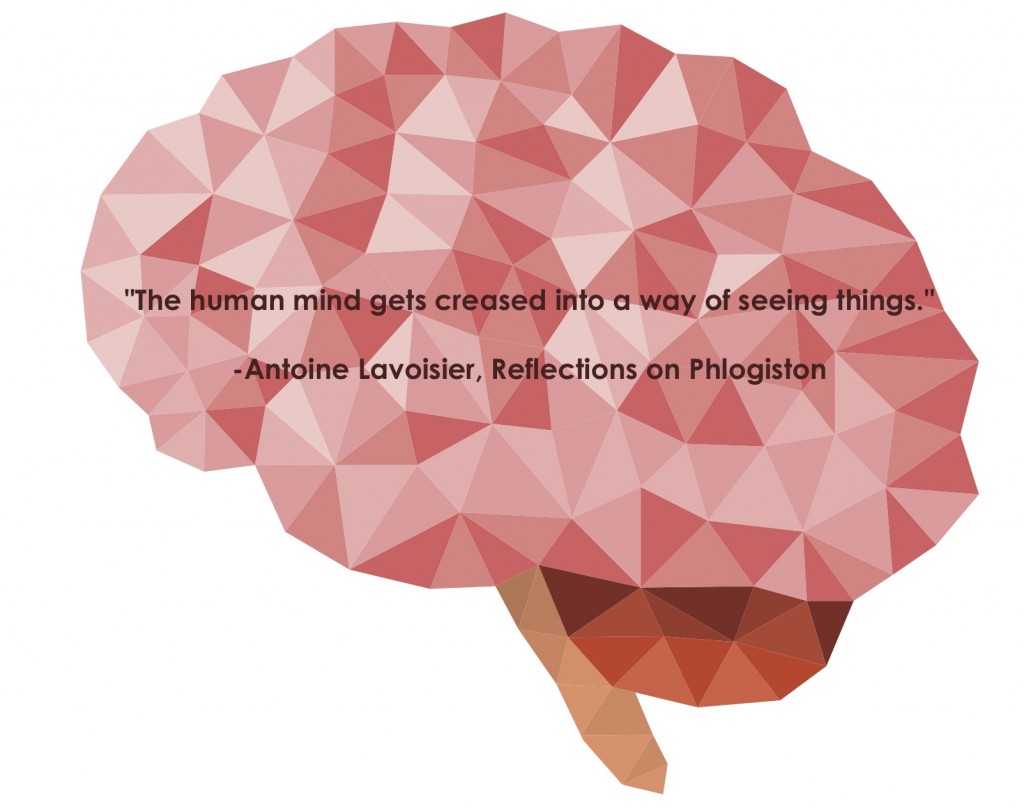“The human mind gets creased into a way of seeing things.”
-Antoine Lavoisier, Reflections on Phlogiston
Kripkean Dogmatist
If you are showing up as a Kripkean Dogmatist then you treat any new information that disagrees with your position as irrelevant. The moment you know that what you are hearing, reading or observing is counter your position you know enough, it is not correct.
One might say Steve Jobs was a Kripkean Dogmatist. When he was asked what happens when people disagree with you? He is to have said, there is no problem I just slow down so that they can understand why I am right.
If you lead from this position and you have smart people around you. You may not for very long. The degree to which you protest the epistemic information of others you will begin to be seen as narrow. If you persist in such position you may find silence on the subject which sadly creates an illusion for you that you are right in caring that belief. Instead what you’re finding is how one deals with most actstreamist, not even worth the conversation because it gets you nowhere. Why have an argument in which all available data will be disproved or refuted. The Kripkean dogmatist will use falacial arguments to refute concrete evidence to the contrary.
It becomes even more confusing to those who follow you if you are a bit of a hidden Kripkean. Another words you are most reasonable on most issues but on one or two subjects you become dogmatic. How people will likely behave is like following the manners rules of never discuss, politics or religion. In this case those around who know you will keep from sharing insights that they know you will never be able to see another perspective.
This is what is termed a blind spot in Johri’s Window and one that will only get larger and larger. Are there places that you are Kripkean? If so how does it serve you? What are you protecting? What are you not willing to face?

